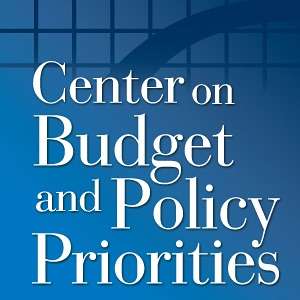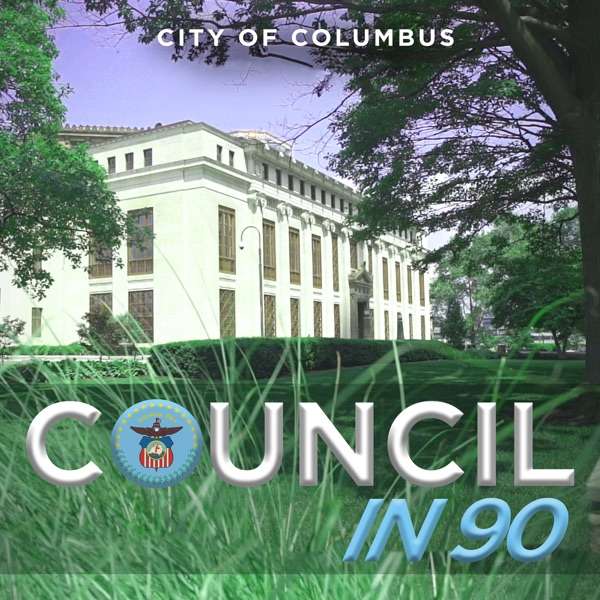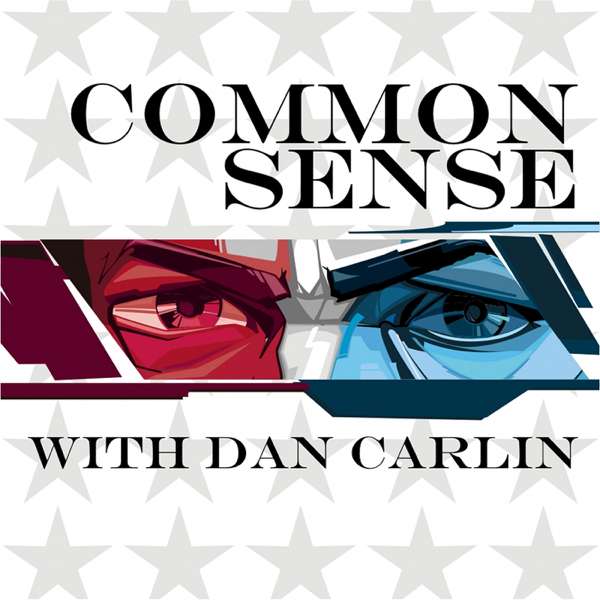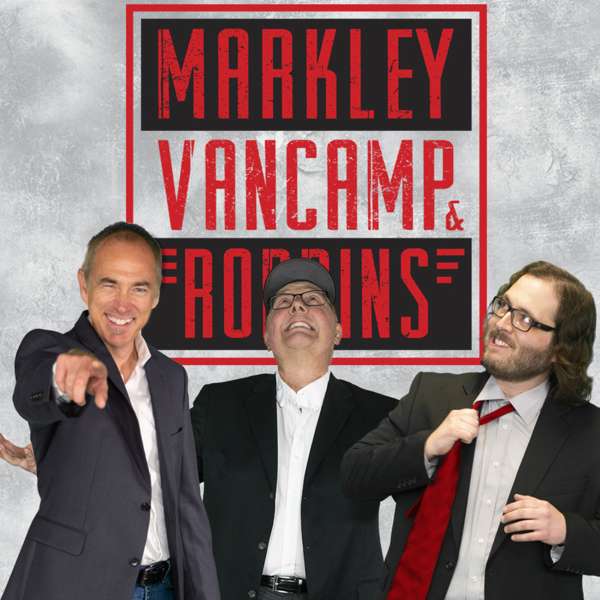The Miranda Warnings roundtable's December episode takes a critical look at the first cases in the 2023-24 term heard by the state’s highest court. The panel analyzes recent arguments dealing with when a suspect is in custody and should be read Miranda rights and whether police can stop a bicyclist in the same manner as a motorist.
The episode was recorded on Dec. 1 shortly after the death of U.S. Supreme Court Associate Justice Sandra Day O’Connor. Albany Law School professor and court watcher Vin Bonventre recounted O’Connor’s wisdom.
“She was a justice that really considered the practical realities. What are the impacts of the decisions of the court on real life on real human beings, whether we're talking about affirmative action, LGBTQ rights, and the separation of Church and State,” said Bonventre. “She was the swing vote on the court. She was a Conservative Republican, but she wasn't insane, she had a great deal of common sense. You look back at most of her decisions and say, boy, they were wise, very, very wise.”
Political strategist Liz Benjamin reminds listeners not to forget the groundbreaking appointment of O’Connor to the court by President Ronald Reagan more than 40 years ago.
“She had a very fascinating career. You look at the bench now and you don’t think to yourself there was a time when there weren't women on this bench,’” she said. “Her breaking of the glass ceiling on the highest court in the nation is an accomplishment that we don't think about enough. It's worthwhile reading her obituary and remembering all that she accomplished. “
Past NYSBA President and host David Miranda turned the attention to the New York State Court of Appeals, which has seen an increase in its caseload in the four months since Chief Judge Rowan Wilson assumed leadership of the court. Bonventre detailed his research for an upcoming article on the changes at the court.
“I found that the court's caseload has increased by almost 50% since Chief Judge Wilson has been in charge of scheduling oral arguments,” he said. “Wilson has made it clear, while he was associate judge, and made it clear during his interviews for chief judge, that he thought the court ought to be hearing more cases, and they certainly are.”

 Our TOPPODCAST Picks
Our TOPPODCAST Picks  Stay Connected
Stay Connected







